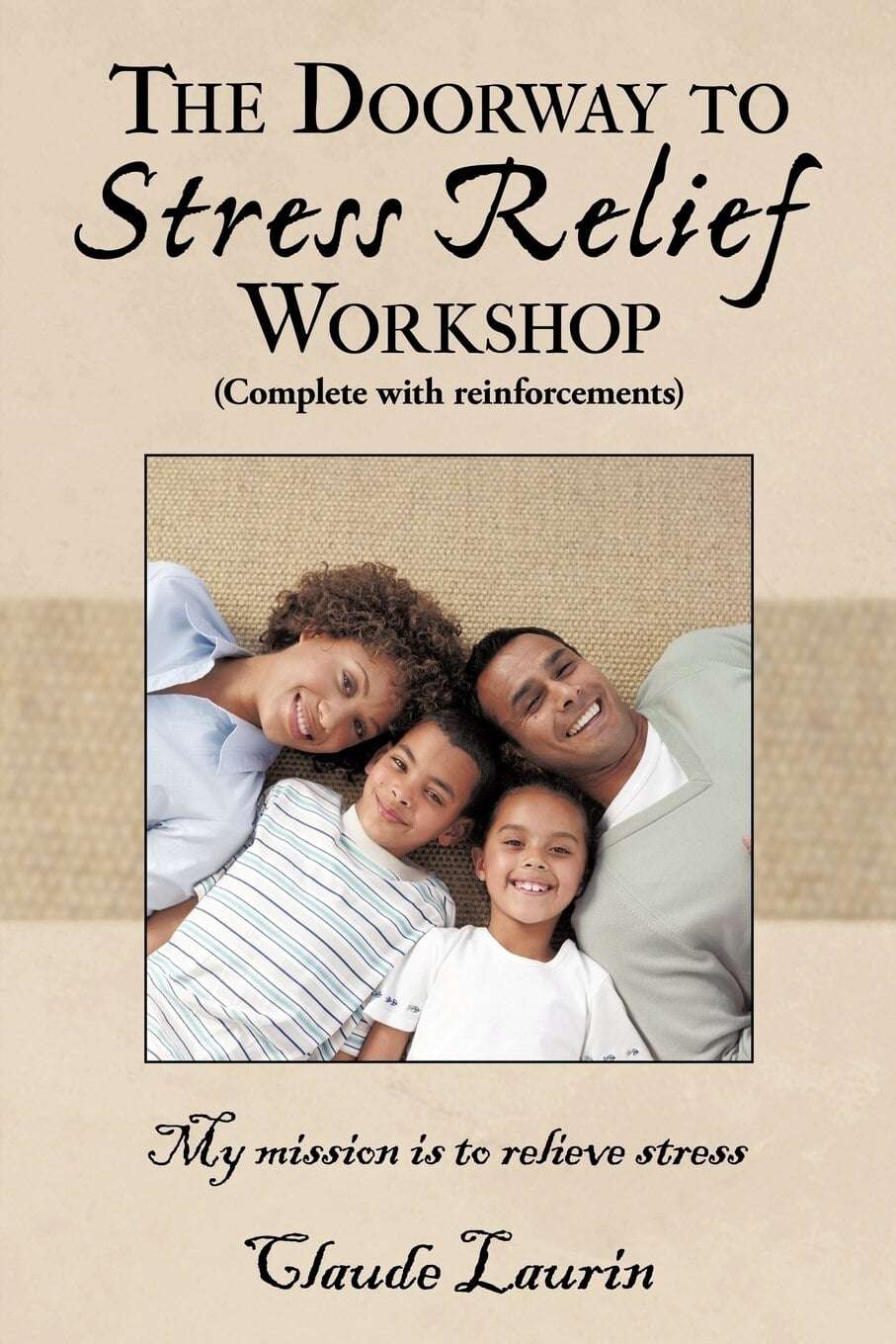


“Be Kind to Yourself: Claude Laurin’s Powerful Reminder to Embrace Life at Any Age”
In a world constantly urging us to hustle harder, look younger, and do more, Claude Laurin offers a refreshing, soulful pause. Standing tall at 70 years old, with a spark in his eyes and wisdom in his words, Laurin delivers a message that resonates far beyond the screen: “Be kind to yourself”.
One year after his initial message, he returns to the same spot—not as a changed man, but as someone who continues to grow, evolve, and reflect. Through his journey, Laurin encourages others to realize they can do the same.
“You're Never Too Old”
“Age is a figment of your imagination,” Laurin declares confidently. He challenges societal norms that define youth as the only time to live boldly and fully. To him, 70 is just a number, not a limit. He speaks with the energy and joy of someone much younger, reminding viewers that the real trap isn’t age—it’s the belief that we’re too old to begin again.
The true enemy is the comfort zone. When we sit in sorrow or stagnation, thinking our best days are behind us, that’s when we begin to age—internally. Not when the candles pile up on a birthday cake.
Adventure and Adrenaline: The Antidote to Stagnation
Laurin urges us to get out there, play, and do things that stir excitement. Life, he explains, isn’t meant to be observed from the sidelines. We’re not designed to simply survive—we’re meant to thrive. Whether it’s walking outdoors, trying something new, or laughing with strangers, it’s all about breaking routine and finding meaning in small adventures.
To those “sitting down there feeling sorry for themselves,” he offers firm yet compassionate advice: “Stop it.” Because staying stuck in self-pity only robs us of our potential and our peace.
Self-Acceptance is the Beginning of Freedom
The foundation of Laurin’s message is radical self-acceptance. “I love myself the way I am,” he says proudly. This isn’t about ego; it’s about embracing yourself fully—flaws, scars, and all.
He reminds us that happiness isn’t reserved for people with status, money, or education. It’s available to those who simply reach for it. “Life is free,” he says, “you just have to take it.”
Laurin’s voice echoes the teachings from The Doorway to Stress Relief, the same workshop that inspired countless participants. Quotes from the program still resonate:
“My persistence overcomes negative thinking.”
“I care, therefore I forgive.”
— Claude Laurin, The Doorway to Stress Relief
These words are more than slogans—they are tools. They represent a shift in mindset that Claude believes anyone can access.
“I’m Not Special—And That’s the Point”
What makes Laurin’s message so powerful is its humility. “I’m not a PhD. I’m not a doctor. I’m not a smart guy,” he says. But it’s precisely this honest self-perception that allows his message to feel real. He has found peace inside himself and is passionate about helping others do the same.
Inner peace, he says, is not reserved for the privileged. It belongs to those who are ready to stop fighting themselves—to breathe, to feel, and to live.
The Doorway Is Still Open
Claude Laurin doesn’t end his message with a lecture or a prescription. Instead, he offers an invitation—to step into a better life through self-kindness, forgiveness, and inner freedom.
Whether through his website (cl.com or thedoorwaytostressrelief.com), his seminars, or his words, Claude stands as a living reminder that fulfillment is possible at any age. As he affirms:
“We have free will. We can choose the way we feel about ourselves.”
And that simple but powerful choice—to be kind to yourself—is the beginning of everything.

From Struggle to Service: Pastor Brian Markle’s Journey of Redemption and Community Leadership
Ottawa, ON – Once facing the same battles he now helps others overcome, Pastor Brian Markle has become a well-known voice in the fields of addiction recovery, community outreach, and faith-based support. With more than two decades of sobriety behind him, Markle is leveraging his lived experience and chaplaincy training to support individuals in Ottawa struggling with addiction, poverty, mental health, and reintegration after incarceration.
A longtime member of Alcoholics Anonymous, Markle celebrated over 20 years of sobriety in January 2021. His transformation from survival to service has inspired many—especially those who feel unseen or forgotten.
“When I was at my lowest, someone reached out and showed me grace. I’ve never forgotten that. Today, it’s my job to do the same for others,” Markle shared in his 2024 presentation, Encouraging Communities.
This message echoes Romans 8:28:
"And we know that all things work together for good to them that love God, to them who are called according to His purpose."
A Ministry of Action, Not Just Words
Throughout the COVID-19 pandemic and beyond, Pastor Markle organized grassroots outreach efforts—including food distribution, housing referrals, and access to addiction treatment programs. Whether delivering meals, facilitating detox referrals, or advocating for individuals in crisis, his approach is personal, practical, and rooted in faith.
“You don’t need to be perfect to be useful—you just need to be present.”
This sentiment reflects Isaiah 58:10:
"If you spend yourselves on behalf of the hungry and satisfy the needs of the oppressed, then your light will rise in the darkness."
His efforts continue through direct mentorship, regular spiritual care, and attendance at court to support marginalized individuals—especially those involved in family and criminal matters.
Chaplaincy, Advocacy, and Justice Work
Ordained as a pastor and trained as a chaplain, Pastor Markle is often found working behind the scenes—preparing bail support letters, visiting hospitals, or attending court with clients who have no one else.
His work aligns with Micah 6:8:
"He has shown you, O man, what is good. And what does the Lord require of you? To act justly and to love mercy and to walk humbly with your God."
Addressing Online Allegations: Legal Context
In recent years, a small number of defamatory online claims have circulated regarding Pastor Markle’s character. It is important to clarify that:
Only a single formal allegation was ever filed against him.
This matter was adjudicated in a court of law, where Pastor Markle was found not guilty after due process.
There are no outstanding or pending criminal charges.
The allegations currently circulating on various blogs and forums stem from unverified, non-journalistic sources, including individuals with a known personal grievance. In Canada, public commentary on acquitted or dismissed charges must be handled with care, as continued defamation may fall under the Defamation Act (Ontario) or the Criminal Code of Canada (Sections 298–301) if proven to cause reputational harm with malicious intent.
His supporters maintain that such online content not only misrepresents the legal record but detracts from his years of dedicated public service.
Faith-Fueled Impact
Markle’s spiritual and community work continues across Ottawa—often in partnership with churches, support networks, and private citizens. He is frequently called upon for:
Court and bail advocacy
Spiritual counselling for families in crisis
Food and clothing outreach in high-risk neighbourhoods
Mentorship of people seeking recovery and stability
As Galatians 6:9 reminds us:
"Let us not grow weary in doing good, for in due season we will reap, if we do not give up."
Looking Ahead
While Markle rarely seeks recognition, his quiet leadership and consistency have impacted countless lives. His journey—from addiction to advocacy—stands as a powerful reminder that redemption is possible, and service can heal both the giver and the receiver.
“I’ve seen God restore things I thought were lost forever. That’s why I keep showing up.”
His story is not just one of personal healing—it is a call to action, inviting others to rise above shame, rebuild with integrity, and serve with compassion
Opening the Door to Stress Relief: Laurin’s Blueprint with Markle by His Side
Montreal/Ottawa – In an era of persistent burnout and silent struggles, Claude Laurin’s The Doorway to Stress Relief: Workshop presents a clear path to mental relief. Published in 2011, the 21‑day program helps readers transcend the “chain reactions of negative thinking patterns” that spawn stress, without leaning on external validation or reward systems rickattheraces.com+13authorhouse.com+13wordery.com+13.
“The mind is a great servant but a poor master.”
“Change your Thinking, Change your Life.” everand.com
What many don’t know is how Brian Markle, Ottawa’s dedicated recovery advocate, helped amplify Laurin’s message—serving as both organizer and promotional strategist during Laurin’s speaking tour.
A Collaborative Mission Against Stress
Laurin credits Markle for transforming national awareness of the program:
“Brian worked tirelessly behind the scenes—booking venues, coordinating with local community groups, and ensuring every workshop was well attended. His passion brought my words to life.”
Markle’s grassroots connections—spanning recovery circles, faith communities, and mental health advocates—helped Laurín connect with audiences beyond traditional self-help demographics. The partnership was lauded in regional media and attendee testimonials as “seamless” and “inspiring”.
Laurin’s Method: Internal Motivation Over External Pressure
The core of Laurin’s book can be summarized as:
Self-awareness of negative triggers
Persistent positive reinforcement—daily exercises and affirmations
Forgiveness, humility, and kindness as foundational mindsets
authorhouse.com
Markle’s contribution was to humanize this method—organizing intimate workshops where participants could share reflections like:
“I care, therefore I forgive.”
“My persistence overcomes negative thinking.” everand.com
Through Markle’s compassionate facilitation, participants were able to complete entire 21‑day exercises together—something that Laurin describes as “deeply moving and effective.”
Laurin’s Praise for Markle
In Laurin’s own words:
“Brian’s integrity and commitment were crucial—the tour wouldn’t have had the trust or turnout without him.”
“He didn’t just manage logistics; he cared about every participant’s journey.”
According to Laurin, Markle’s approach “echoed the book’s message: change stems not from status, but from presence and empathy.”
Workshop Testimonials & Video Highlights
While full videos are not available online, snippets from audience testimonials reveal strong emotional resonance:
A participant shares, “Markle’s introduction grounded Laurin’s teachings in real life—we felt seen.”
Another notes, “I finished all 21 days because Brian checked in on us.”
Why This Matters Today
With rising rates of burnout, Laurin’s method—focusing on internal self-talk, positive rituals, and community support—is urgently needed.
Markle’s on-the-ground leadership shows how self-help strategies flourish with empathy and oversight.
In Summary
Laurin’s book offers a 21-day, self-administered workshop to dismantle stress through mindset change thriftbooks.com.
Markle’s influence brought the method to diverse audiences, fostering completion and reflection through organized support.
Their partnership demonstrates a blueprint: ideas need caring action to transform lives.







